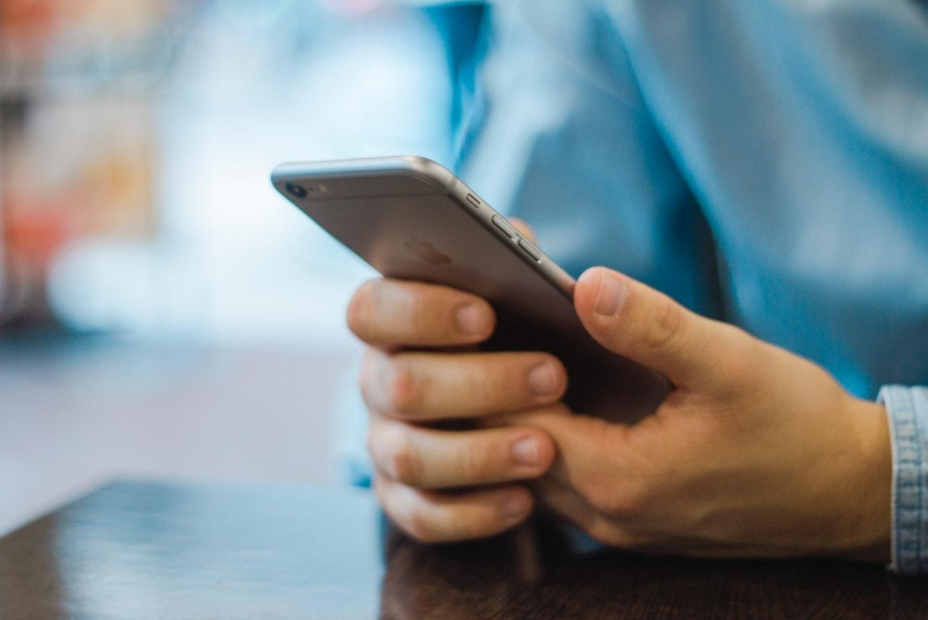This is a sponsored guest post.
While the iPhone remains a secure device, it faces more security threats than ever before, from hackers who exploit security vulnerabilities – to websites that infect devices with malware. Thankfully, you can improve your iPhone’s security with a few easy steps.

Use a More Complex Password
Thieves will struggle to hack your iPhone if your password is difficult to guess. Instead of a conventional 4-digit pin code, set a complex password. The ideal password should be lengthy and include upper-case letters, lower-case letters, digits, and symbols. Avoid using common words for your password, such as “password” or “apple.”
You can also set the iPhone to delete your data if the wrong password is entered too often in a short period. However, use this option cautiously to avoid unpleasant consequences.
Use Advanced Cybersecurity Software
Move beyond your iPhone’s default security software. Get next generation antivirus software for the iOS from a reputable cybersecurity company like Malwarebytes to enhance your iPhone’s defenses in multiple ways.
- An advanced call blocker protects your iPhone by blocking a list of known scammers
- Untrustworthy websites that carry ransomware, phishing scams, and other online threats won’t load on your Safari browser
- Ads and ad trackers don’t infect your Safari browser
- Suspicious texts from scammers and malicious websites divert to a junk folder
- The security software is fast, light, and complements the iPhone’s built-in security system perfectly
Download Apps Carefully
Apple’s App Store is no longer considered bulletproof. Recently, several malicious apps sneaked into the digital distribution platform. Check reviews from trustworthy sources before downloading apps. Scan them with your cybersecurity software after the download is complete for extra safety.
Disable Your Automatic WiFi Connection
Crooks create fake wireless networks with the same names as popular public hotspots found in cafes and airports to trap iPhones that connect to them automatically. Once connected to a malicious wireless network, your phone’s data is more vulnerable to hackers. They could steal your sensitive information before you know it. Disable the automatic connection option on your iPhone to avoid connecting to fraudulent WiFi networks.
Secure Your Lock Screen Settings
A crook can gather snippets of your confidential information without breaking into your iPhone from your lock screen. Using these snippets, they can hack into your accounts more easily. Stop all notifications about text messages, social media updates, and emails on your screen to stay secure.
Likewise, disable Siri on your lock screen. Anyone can communicate with your personal assistant on your lock screen and extract bits of information about you.
Use Two-Step Verification
Two-step verification is a process where two authentication methods are required when you sign in to a new device for the first time. For your Apple ID or iCloud, you must enter your password and the six-digit verification code sent to your trusted device when two-step verification is activated. Use this safety feature to protect your data from a potential hacker on another system.
While the world is becoming an increasingly unsafe space for the iPhone, with the right precautions, secure settings, and the best security tools, you can shield your device from people with bad intentions.



